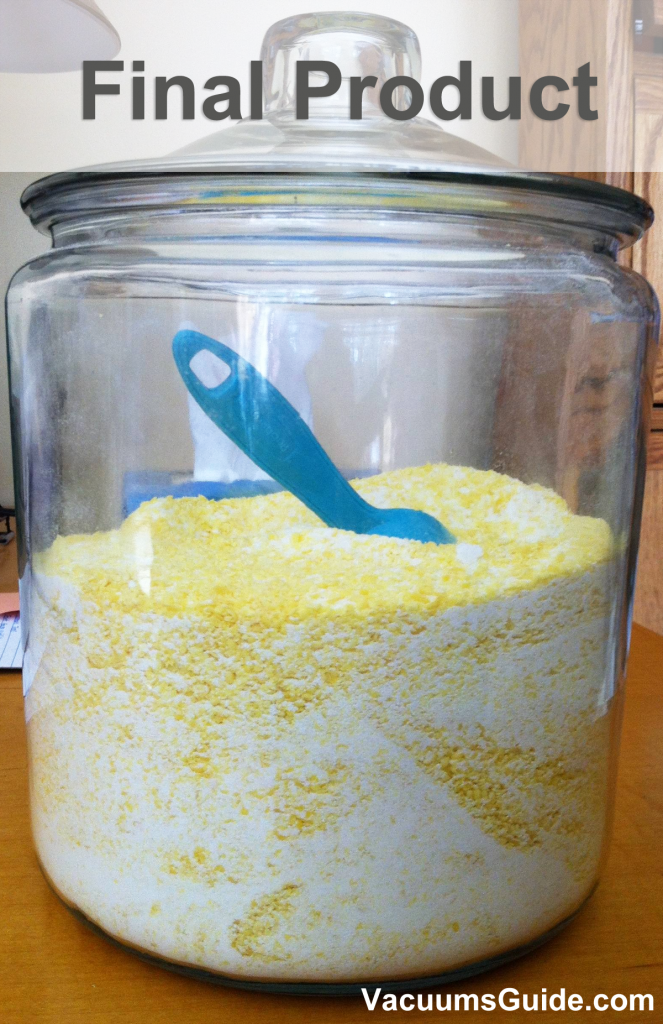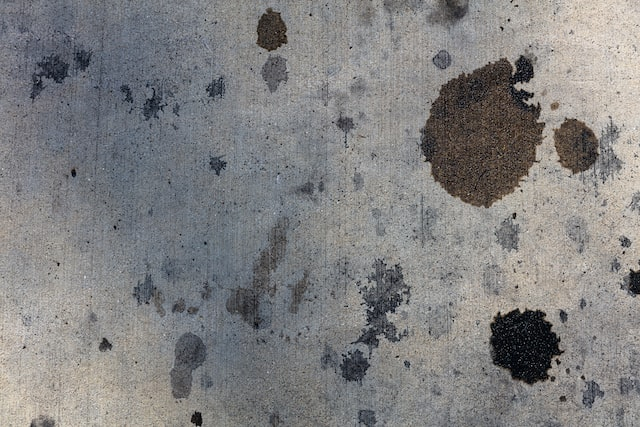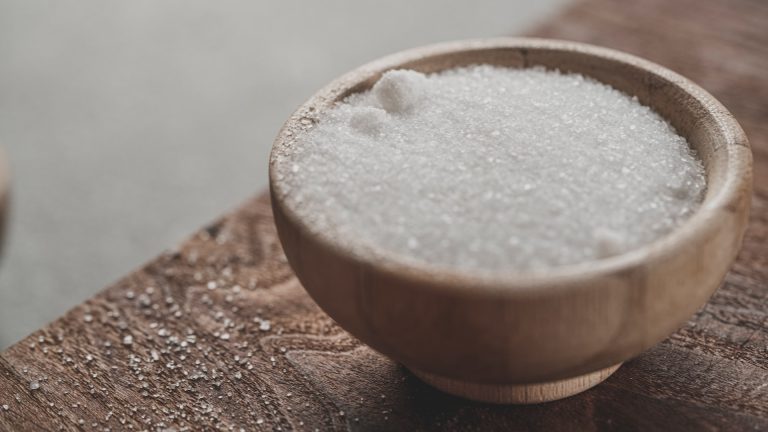A Real-Life Experience with Homemade Laundry Detergent
To illustrate the effectiveness of homemade laundry detergent, let’s explore the story of Emma. Emma, a mother of three, was growing increasingly weary of the expenses associated with store-bought detergent and decided to experiment with making her own laundry detergent. She followed the recipe provided earlier in this article and started using her homemade detergent for her family’s laundry needs.
After several weeks of usage, Emma noticed that her clothes were coming out just as clean as they did with store-bought detergent, and her family’s skin sensitivities had improved. In fact, she discovered that her homemade detergent was gentler on her children’s skin, reducing irritation caused by harsh chemicals found in commercial detergents.
In terms of cost savings, Emma calculated that making her own detergent saved her approximately $200 per year compared to her previous store-bought detergent expenses. As an added bonus, she realized that the eco-friendly nature of her DIY detergent contributed to reducing plastic waste and minimizing her environmental impact.
The Growing Trend of DIY Laundry Detergent: Statistics and Insights
According to a survey conducted by Statista in 2021, nearly 18% of U.S. respondents said they had tried making their own laundry detergent at least once.
This rising trend can be attributed to a growing interest in eco-friendly and budget-friendly alternatives to traditional cleaning products.
In addition to being a more sustainable option, homemade laundry detergent can also be customized to suit individual preferences and needs.
For example, a 2018 study published in the Journal of the American Oil Chemists’ Society found that using soap nuts, an alternative to traditional soap bars, in homemade laundry detergent resulted in a detergent with excellent cleaning and antimicrobial properties.
Choosing the Right Ingredients for Your DIY Laundry Detergent
When making your own laundry detergent, it’s important to select the right ingredients to ensure effective cleaning and avoid any potential skin irritation. The main ingredients you’ll need are:

- Washing Soda: Also known as sodium carbonate, washing soda is a powerful cleaning agent that helps to remove stains and soften water. You can typically find it in the laundry aisle of most grocery stores.
- Borax: A natural mineral, borax works as a laundry booster to improve the cleaning power of your detergent. It also helps to whiten whites and brighten colors.
- Bar Soap: You can use any bar soap you like, but make sure it’s suitable for laundry use. Some popular options include Fels-Naptha, Zote, and Castile soap.
- Optional Additives: Depending on your preferences, you can add essential oils for fragrance, baking soda for extra cleaning power, or oxygen bleach for stain removal and whitening.
Guide to Making Your Own Laundry Detergent
Now that you have your ingredients, let’s dive into the process of making your homemade laundry detergent.
Step 1: Grate the Bar Soap

First, you’ll need to grate your bar soap. You can use a cheese grater or a food processor to do this. The goal is to create small flakes that will dissolve easily in water.
Step 2: Combine the Ingredients

Next, in a large container, mix the grated soap with washing soda and borax. If you’re using any additional additives, such as baking soda or oxygen bleach, add them now. Stir everything together until it’s evenly mixed.
Step 3: Add Essential Oils (Optional)

If you’d like to add a pleasant scent to your homemade laundry detergent, you can incorporate essential oils. Some popular choices include lavender, lemon, or eucalyptus. Use around 20-30 drops and mix well.
Step 4: Store Your Homemade Laundry Detergent

Transfer your homemade laundry detergent into an airtight container. A large glass jar, plastic container, or repurposed detergent container will work well. Make sure to label it so you remember what’s inside!
How to Use Your DIY Laundry Detergent
Using your homemade laundry detergent is just as easy as using store-bought detergent. For a standard load of laundry, use 1-2 tablespoons of your DIY detergent. If you have a high-efficiency washing machine, you may need to use less, as these machines require less detergent.
The Benefits of Making Your Own Laundry Detergent
There are several advantages to making your own laundry detergent, including:
- Cost savings: Homemade laundry detergent can be significantly cheaper than store-bought versions, potentially saving you hundreds of dollars per year.
- Eco-friendliness: By making your own detergent, you can reduce plastic waste from detergent bottles and limit the number of chemicals released into the environment.
- Customization: You have complete control over the ingredients and scents used in your homemade detergent, allowing you to tailor it to your preferences and skin sensitivities.
Troubleshooting Common Issues
If you run into any problems with your homemade laundry detergent, here are some tips to help you troubleshoot:
- Soap not dissolving: Make sure you’re using small enough soap flakes. If they’re too large, they may not dissolve properly in the wash. You can also try using warm or hot water to help dissolve the soap.
- Clothes not getting clean: If your clothes aren’t coming out clean, try increasing the amount of detergent you use, or add a laundry booster like baking soda or vinegar to your wash.
- Fading colors: If you notice your colors fading, make sure you’re using a gentle, color-safe soap in your homemade detergent. You can also try adding 1/2 cup of distilled white vinegar to the rinse cycle to help protect colors.
Tips for DIY Laundry Detergent Success
As you can see, making your own laundry detergent is not only cost-effective and eco-friendly but also a great way to personalize your cleaning routine to suit your needs. By following the steps above and learning from others’ experiences, you can successfully create a detergent that works for you and your family.
Remember to be patient and adjust your recipe as needed to achieve the best results. With a bit of experimentation and persistence, you’ll soon be reaping the benefits of your homemade laundry detergent. Happy laundering!







